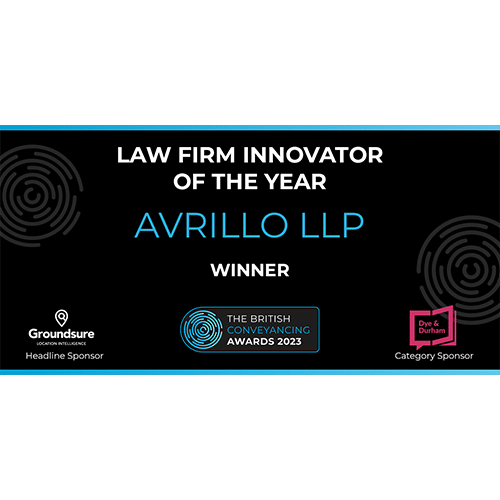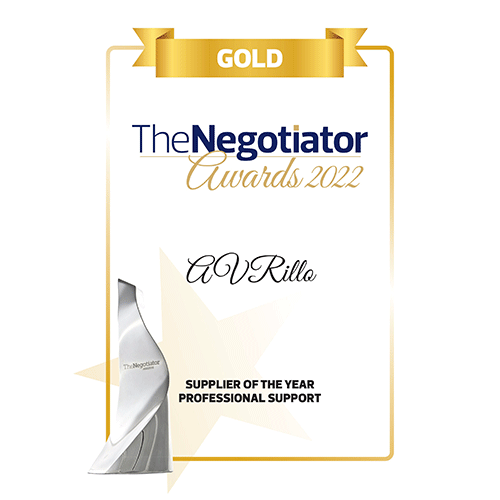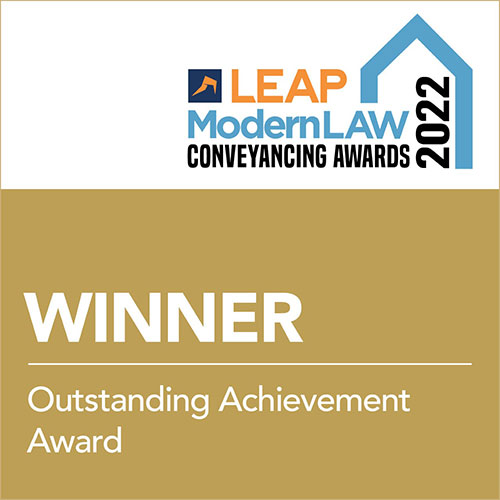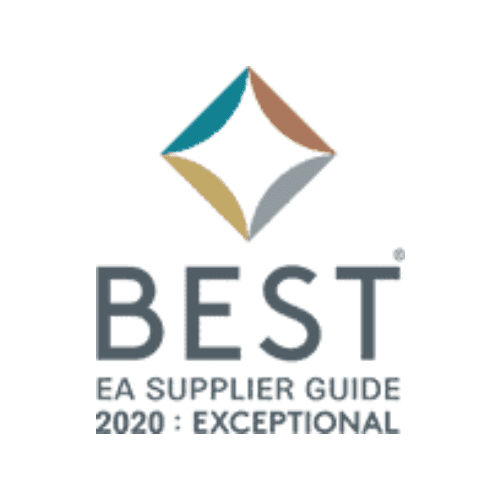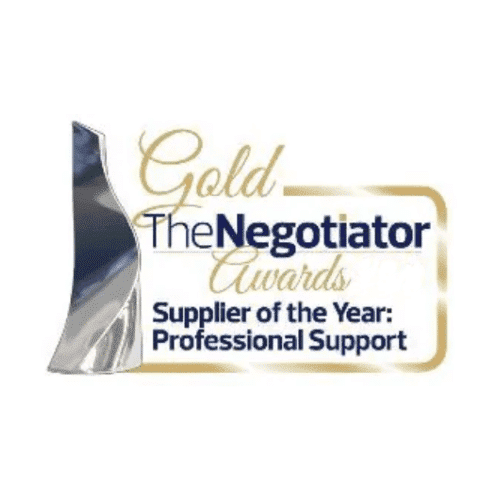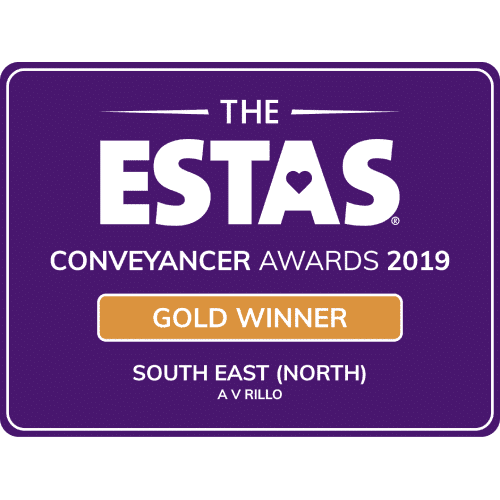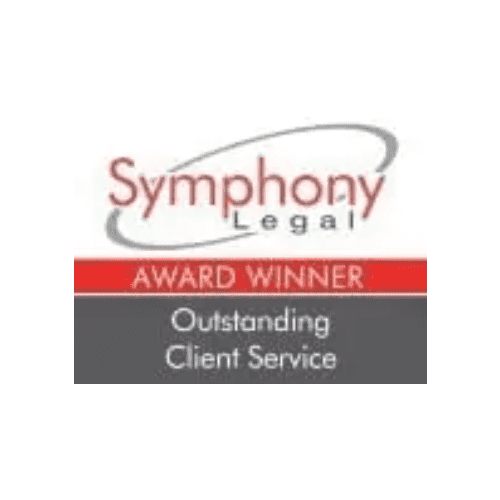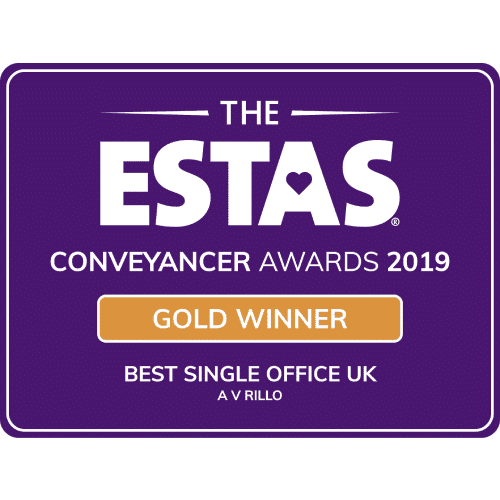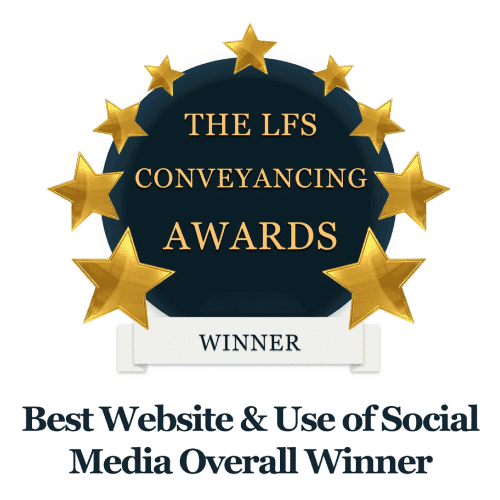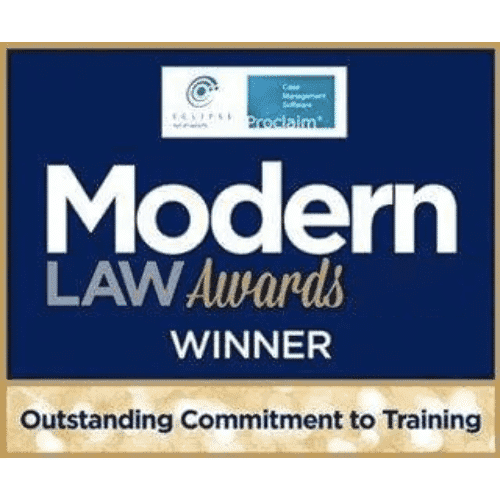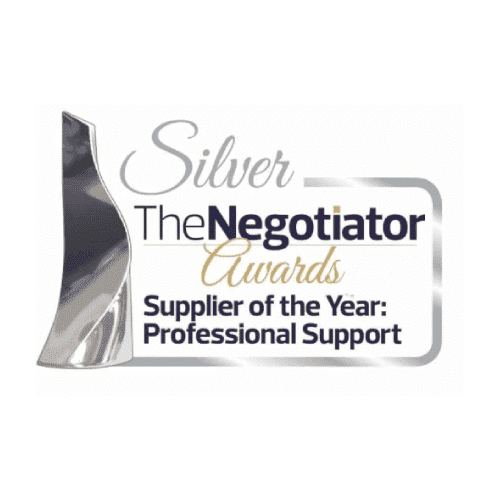

and start saving money now
and start saving money now
Get a FREE Conveyancing Quote
Award-Winning Conveyancing Solicitors in Guildford- AVRillo Conveyancers
 Licensed Residential Property Solicitors Guildford
Licensed Residential Property Solicitors GuildfordDon’t focus on the conveyancing fee but rather the quality of service received. As far as conveyancing fees are concerned, in most cases, you get what you pay for. This is not a situation where you want to go for whoever is offering the lowest price. Moving house is one of the most stressful situations a person goes through and you want to make sure you have a quality legal team assisting you to make the transaction as smooth as possible. As with anything, if the fees are low, the quality of service and support is simply not going to be the same as where you spend more. However, that’s not to say that the most expensive is the best. Be sure to ask the right questions of your proposed lawyer e.g. their availability, methods and frequency of communication etc. These things will be important once you
Recent Reviews
Conveyancing in Guildford: FAQs
Who are licensed conveyancers in Guildford?
Licensed conveyancers in Guildford are qualified lawyers. They train solely in conveyancing and have specialist conveyancing knowledge. They are regulated by the Council for Licensed Conveyancers (CLC) and are required to complete ongoing training to maintain their professional standards. Just like solicitors, Licensed conveyancers are also Commissioners for Oaths. This means that they are entrusted to witness the signing and swearing of legal documents.
What does a conveyancing lawyer in Guildford do?
Guildford conveyancing lawyers will carry out the legal work for your property sale and purchase. On a sale the conveyancing lawyer will draft the contract of sale, approve any documents such as the transfer from your buyer’s solicitor and arrange for you to sign these. They will also answer any legal enquiries the buyer’s conveyancing lawyer may have and refer any enquiries about the property to you as the seller.
Any defects of the title found they will advise you on these and the best way of dealing with this such as indemnity policies or contacting relevant parties, they will redeem any mortgage on the property from the sale proceeds and settle any fees with the agents from the same.. The conveyancing lawyer on a purchase will investigate and check the legal title that you are purchasing to determine if it is suitable.
They will draft any documents required, if you are using a mortgage to buy the property they will act as the conveyancing lawyer for your lender also and report anything they find to the lender as well as yourself. They will discuss with you any defects in title and advise on options to move forward with the purchase. As you will see there is a lot of work to be done in a property transaction and choosing a good conveyancing lawyer is important.
What is a good price for conveyancing fees buying and selling?
When you sell and buy your property you will have used an estate agent and agreed a fee with them for the sale and used them to help you find a property to buy. Following an acceptance of an offer you will then state to gather quotes for the conveyancing fees buying and selling. You may find a cheap price for a sale with one conveyancer and a cheap price for the purchase. Overall you may feel that the conveyancing fees buying and selling are expensive but this needs to be looked at with agent fees and everything becomes relative for the amount of work carried out overall conveyancing fees buying and selling are very cheap.
What is the Conveyancing Protocol?
The conveyancing protocol is a series of steps used by conveyancers or conveyancing solicitors to set a standard for the conveyancing process. The conveyancing protocol is not an instruction list or checklist but instead guides the way in which the residential conveyancing process works. Solicitors and Conveyancers who are part of the Conveyancing Quality Scheme are required to follow the Conveyancing Protocol. Solicitors and Conveyancers who are not part of the Conveyancing Quality Scheme are not required to follow the conveyancing protocol but it best practice to follow it as a guideline.
How does the Conveyancing Protocol affect my transaction?
There are 4 important sections to the conveyancing protocol.
- Standard conditions of sale
- Code for completion by most
- Property forms
- Formulae for exchange of contracts
The conveyancing protocol contains the most up to date versions of each section that every conveyancer or solicitor following the conveyancing protocol must use. The best interest of the client does take priority over the use of the conveyancing protocol and all solicitors and conveyancers should bear that in mind when using the conveyancing protocol during a conveyancing transaction.
What is included in Conveyancing Fees in Guildford?
In a nutshell, conveyancing fees are the legal fees payable to your lawyer for representing you and carrying out the legal work when you are buying or selling a property. The conveyancing fees can be done on a fixed fee arrangement or per hour basis. Often conveyancing fees are done on a fixed costs basis with additional services also being done on a fixed cost basis. It is imperative when researching conveyancing fees that you ascertain from the lawyer exactly what is not / what is included in those fees, so you can make an informed choice.
How to compare conveyancing fees in Guildford?
Lawyers are entitled to set their own fees and there is no set way of quotation for a conveyancing transaction. Often the cheaper quote on the face of it, doesn’t suit your individual needs and once you add on the additional services you may require, the conveyancing fee could end up being a lot more expensive than anticipated. Therefore don’t think of it as comparing apples to apples.
- 24 / 7 Online Tracking
- Call Surgery
- Online Payment
- Quote App
- Our Team & Careers
- Conveyancing Today
- Get in touch
- Cheap conveyancing solicitors
- Online conveyancing quote
- Find a conveyancing solicitor
- Solicitors for house buying
- Residential Conveyancing
- Property Conveyancing
- Solicitor Costs For Buying a House
- House Conveyancing
- Conveyancing Guide
- Conveyancing Solicitor
- Residential Solicitors
- Conveyancing
